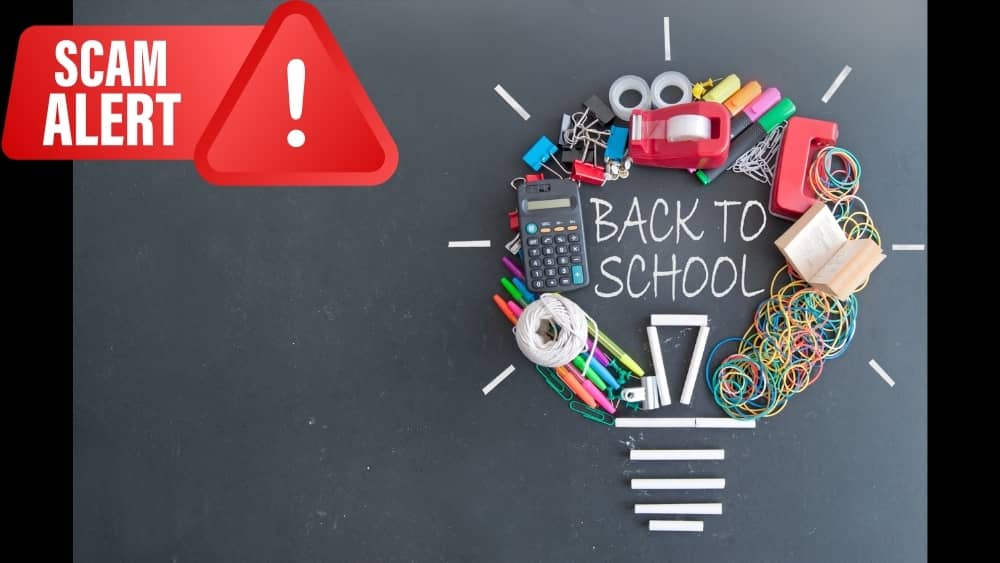
From news release
Rock River Current
Get our mobile app
ROCKFORD — The Better Business Bureau is warning parents to watch out for back-to-school scams as swindlers try to take advantage of inflation and product shortages.
“Scammers love back-to-school, as that means more opportunity to connive busy parents out of
well-earned money,” Dennis Horton, director of the Rockford Regional Office of the Better Business
Bureau, said in a news release. “Parents are certainly going to turn to online shopping, and con artists will come up with new angles to take advantage of the mad rush for high-demand products. Scammers will target shoppers with phony deals, enticing ads, and attractive, but fake, websites.”
Stuff the bus: Help Rockford area families get the school supplies they need
Shoppers are expected to spend an average of $864 per family on school supplies, according to the National Retail Federation. Spending for families with college-age students is pegged at $1,199. Sneakers, backpacks,
and technology equipment are among the items with shortages.
BBB tips | Avoid back-to-school scams
Here are back-to-school shopping tips from the Rockford Regional Office of the Better Business Bureau.
• Research big ticket items: Whether your children are learning at school or online from home, technology has come to the forefront. When buying new equipment, check with your child’s school to learn about any technical requirements.
• Before purchasing an expensive laptop, tablet, or other computer accessories, research the brands,
warranty, customer reviews, and prices of various stores for the best deal. Be sure to look up the retailer’s reputation on BBB.org.
• Finish your shopping early. Supply shortages are possible, especially as many consumers begin shopping for the same products. Shop now to avoid paying higher prices or falling victim to a scam.
• Shop with familiar retailers. Laptops, tablets, or other tech accessories can be a significant investment.
Shop with businesses you know and trust to ensure you’re getting a quality product and good customer service.
• Don’t buy from impostors. Fraudsters may use the name, logo, and other characteristics of brands you trust. Closely examine the website to verify that they are who they say they are.
• Approach low prices with caution. Low prices and short-term sales could be a sign you’ve encountered a scam. If the price seems too good to be true, it probably is.
• When shopping online, be wary of “click bait” ads that feature items that imply that you may want or need them based on your search history. Scammers could be trying to drive you to a different website to potentially steal personal information.
• Ask for a discount. Many stores and software companies offer discounts. Some are available to students with either a “.edu” email address or a student ID.
• Deal with secure websites. These will begin with “https” and have a “lock” symbol on the address bar.







